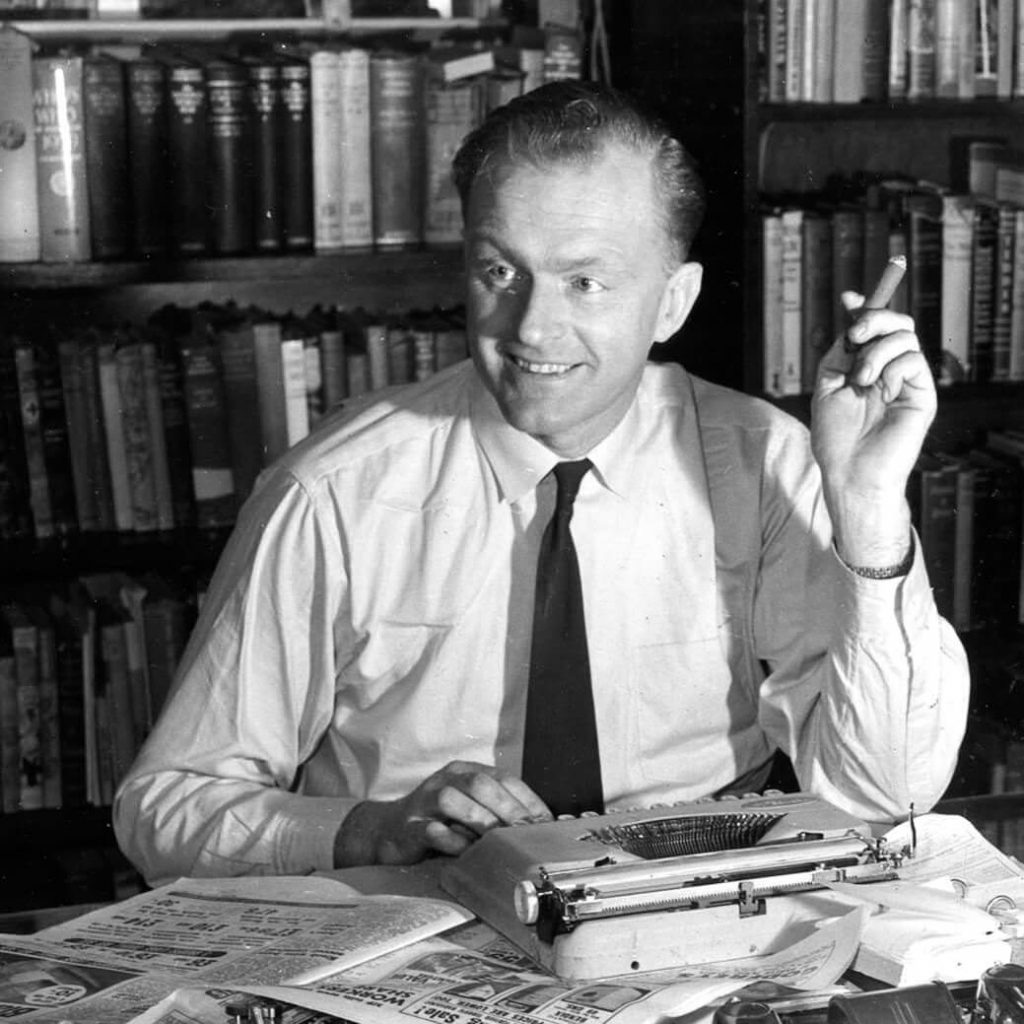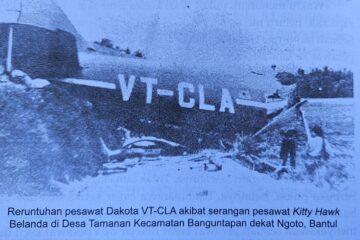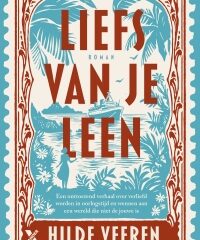Rohan Rivett, Australië, [vert. van: Australia. London: Oxford University Press, 1968, door J.N.H. Gevers Leuven-Dijkstra]. Nijkerk: Callenbach, 1969 is a book that provides an overview of Australia’s history, geography, culture and society. It covers topics such as Australia’s physical features, climate, flora and fauna, population, economy and history
The book is part of a series called “The World’s Landscapes” that covers various countries and regions of the world. It is written by Rohan Rivett, an Australian journalist and author who was a prisoner of war in Japan and later became the editor of the Adelaide News.
The book is translated from English to Dutch by J.N.H. Gevers Leuven-Dijkstra and published by Callenbach. The book has 124 pages and includes illustrations and maps.
Rohan Deakin Rivett

Rohan Deakin Rivett (16 January 1917 – 5 October 1977) was an Australian journalist and author, best known for his work as the influential editor of the Adelaide newspaper The News from 1951 to 1960. He gained recognition for his accounts of his experiences on the Burma Railway during World War II and his activism in the Max Stuart case.
Rivett was born in Melbourne, Victoria, and came from a notable family. His father, Sir David Rivett, was a prominent scientist, and his grandfather was Alfred Deakin, a former Prime Minister of Australia. He attended Wesley College and later studied history and politics at the University of Melbourne, where he earned a B.A. with first-class honours. Rivett went on to study at Balliol College, Oxford, but he and his classmate Manning Clark returned to Australia at the outbreak of World War II with the intention of joining the Australian Imperial Force (AIF).
Unable to enlist, Rivett joined The Argus as a cadet journalist. He traveled to Moscow in 1939 and, upon his return, received his first byline. In 1940, he married Gwyneth Maude Terry. Rivett enlisted in the AIF in June 1940 and was later recruited by the Department of Information to read news bulletins for broadcast over Radio Australia. He volunteered to work for the Malayan Broadcasting Commission in December 1941, but after the Japanese invasion of Singapore, he was captured and sent to work on the Burma Railway.
Rivett survived the war and returned to Australia in 1945. He wrote a series of articles about his experiences, which were published in The Argus and other publications. His book “Behind Bamboo,” published in 1946, vividly described his time on the Burma Railway and became a bestseller.
After the war, Rivett joined the Melbourne newspaper The Herald in 1946. He reported on the Civil War in China and later worked for the Adelaide Advertiser and the Brisbane Courier Mail, covering post-war reconstruction in Europe and cricket. In 1951, he became the editor-in-chief of The News, an evening tabloid newspaper in Adelaide owned by Sir Keith Murdoch. Rivett was known for his radio commentaries and was a regular commentator on the ABC’s Notes on the News program.
One of Rivett’s notable campaigns was the “Stuart Case.” He criticised the handling of the case of Max Stuart, an Aboriginal Australian who was convicted of rape and murder in South Australia. Rivett and The News called for a Royal Commission to review the case, and in 1959, the Commission found the case against Stuart justified. The News and Rivett faced trial on charges of seditious libel but were found not guilty. Stuart’s sentence was commuted to life imprisonment, and he was released on parole in 1973.
In 1960, Rupert Murdoch, son of Sir Keith Murdoch, dismissed Rivett from The News, citing concerns about his reliability and control. Rivett later worked at the International Press Institute in Zurich before returning to Melbourne as a freelance journalist. He was elected president of the Melbourne Press Club in 1973.
Rohan Rivett passed away on 5 October 1977, due to a heart attack at his Camberwell home. He left behind a legacy as a respected journalist and author, known for his war experiences and his advocacy for justice in the Max Stuart case. Source Wikipedia


